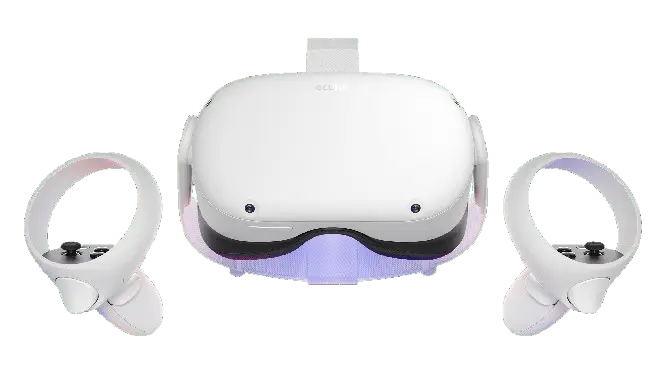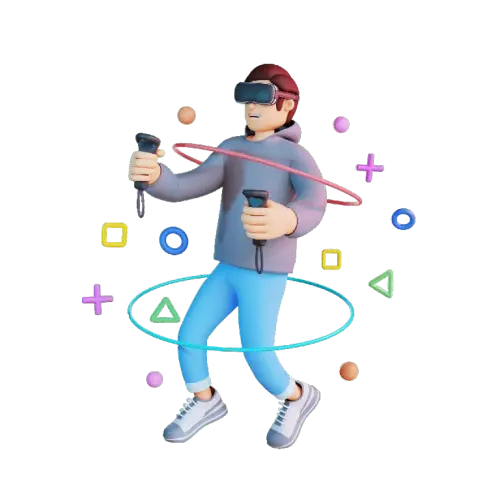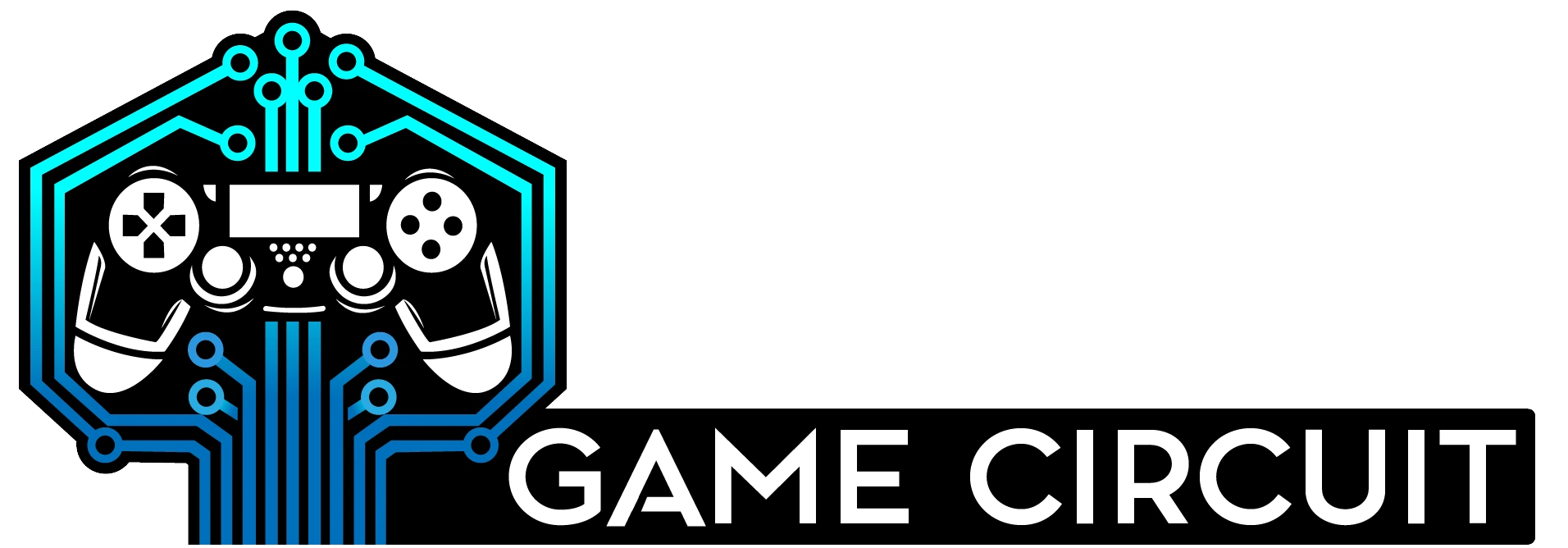VR GAME DEVELOPMENT
VR Game Development focuses on creating immersive and interactive experiences using virtual reality technology, transporting players into fully digital environments that enhance gameplay through realistic visuals, spatial audio, and intuitive motion controls.

VR Game Development Technologies Used by Our Company
Game Engines
We utilize cutting-edge game engines like Unity and Unreal Engine, which are optimized for virtual reality development. These tools help us create immersive gameplay with high-fidelity graphics, real-time interactions, and smooth performance across popular VR headsets like Oculus Rift, HTC Vive, and Valve Index.
3D Modeling
We specialize in designing detailed and lifelike 3D models tailored for VR environments. Whether it’s realistic environments or dynamic characters, our use of advanced CGI software ensures visually compelling and performance-optimized assets for immersive gameplay.
VR Devices
Our VR development team utilizes state-of-the-art VR kits and testing tools to ensure full compatibility and smooth performance across leading VR devices, including Oculus Quest, PlayStation VR, and HTC Vive. This allows us to deliver consistent, high-quality experiences across platforms.

Our VR Game Development Services
Virtual Reality (VR)
Virtual Reality (VR) transports users into immersive digital environments, offering highly interactive gameplay and simulations for entertainment, training, and education through VR headsets like Oculus Rift, HTC Vive, and more.
Augmented Reality (AR)
Augmented Reality (AR) complements VR by overlaying interactive digital elements on the real world, useful for companion mobile apps or hybrid gameplay experiences in VR-focused projects.
Mixed Reality (MR)
Mixed Reality (MR) merges physical and digital worlds, enabling advanced interactivity for collaborative gameplay, design visualization, and spatial computing within VR ecosystems.


